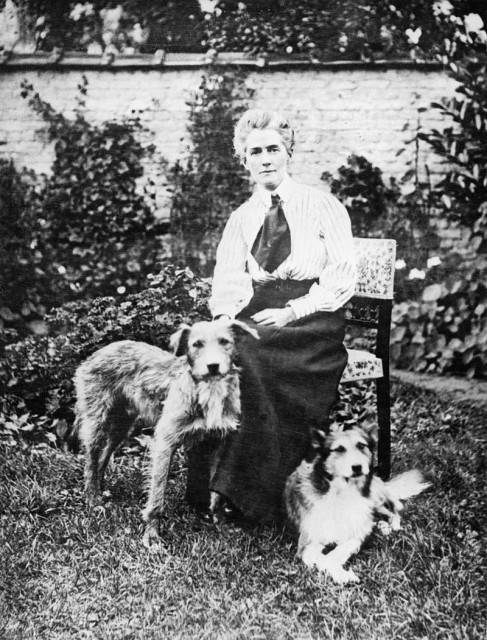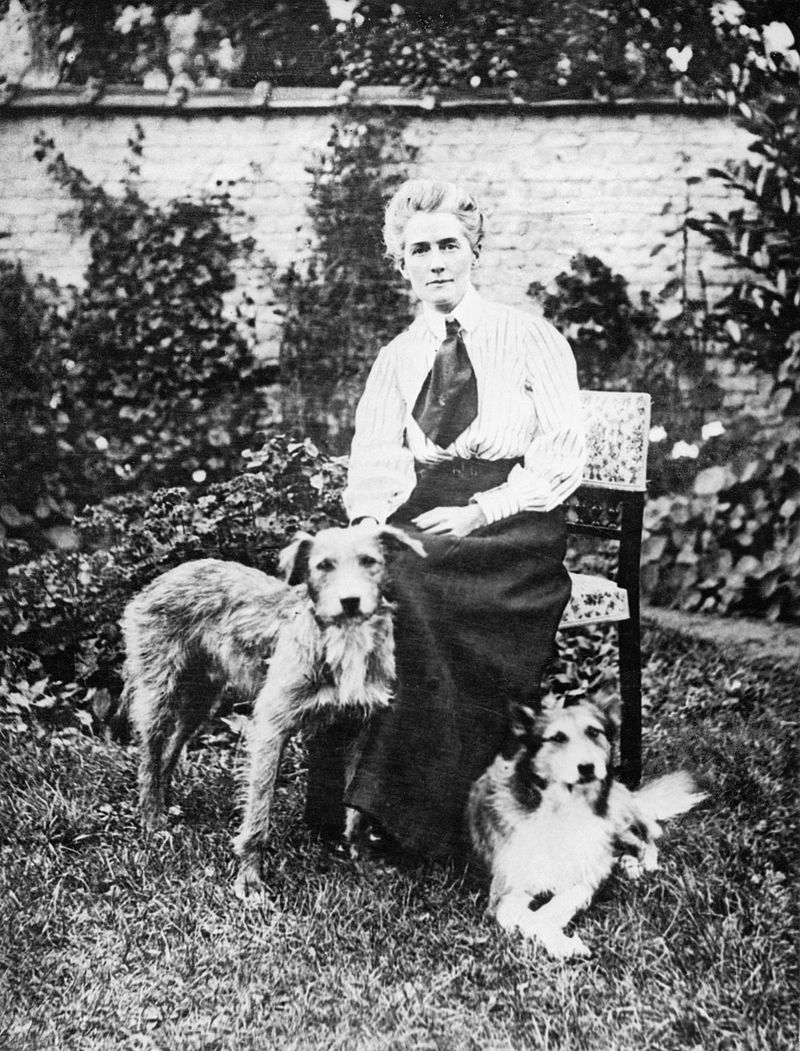
The Espionage has been a vital part of the strategic war maneuvering throughout most of the 20th century. However at the start of the First World War Espionage and other clandestine tactics were nascent and operatives went through a lot of problems during the evolution of modern warfare.
The Story of a British Nurse Edith Cavell who was executed by a German firing squad after a short trial for spying, created uproar throughout Europe and the rest of the World. In the beginning the impression was one of an innocent nurse being killed by a ruthless regime. Later on Cavell rose to the status of a heroine when public came to know about her efforts to secretly help trapped Allied soldiers to come back to Britain. The story of her heroic role in the war and then her execution not only motivated a large number of women to take active part in the war, it also served as a ‘bad press’ to already crumbling German empire.
However, recent revelations show that Cavell’s role in the war was much more complex and dangerous then it was previously thought. A former MI5 Director General Dame Stella Rimington is throwing some new light on the case of Edith Cavell in the light of new evidence from the war record.
Edith Cavell initially started a nursing mission in Belgium in 1907 and frequently went back and forth from Britain to Belgium during her mission. When the war broke out Cavell was actually in Britain but she insisted to return back to Belgium. According to Rimmington, Cavell was part of a sophisticated and apparently well thought out espionage mission gathering and sending vital military information back to Britain. She was an expert in concealing long lengths of information in every day items and clothes. She was aided by a number of other operatives both openly and under various covers. One of his closest operatives was Herman Capiau who brought a number of German military information to Cavell who then successfully transported it back to Britain, The Telegraph reports.
A year into her secret mission Cavell was captured by the Germans along with her aid Capiau. She was briefly interrogated and the trialed, which resulted in her execution by a firing squad on October 12, 1915. Capiau escaped the execution but was sentenced to life in hard labor in a German prison camp.
The legacy of the legendary British ‘Spy Nurse’ lives on and new evidence reveal that she was conducting a much more ambitious and dangerous mission for the greater good of the European continent. Cavell’s’ name is still motivating men and women all over the world through Cavell Nurses’ Trust, which helps to provide all sorts of financial aid to nurses in need.
